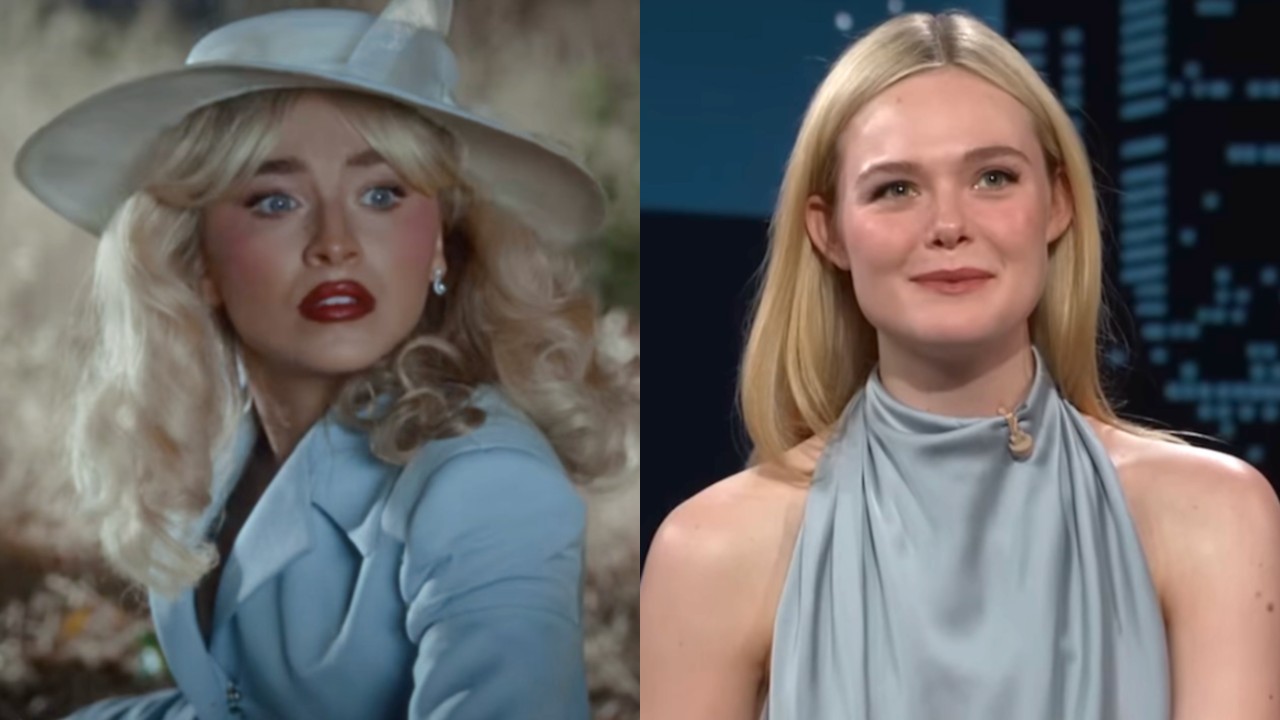CB Top 5: Worst Oscar Winners
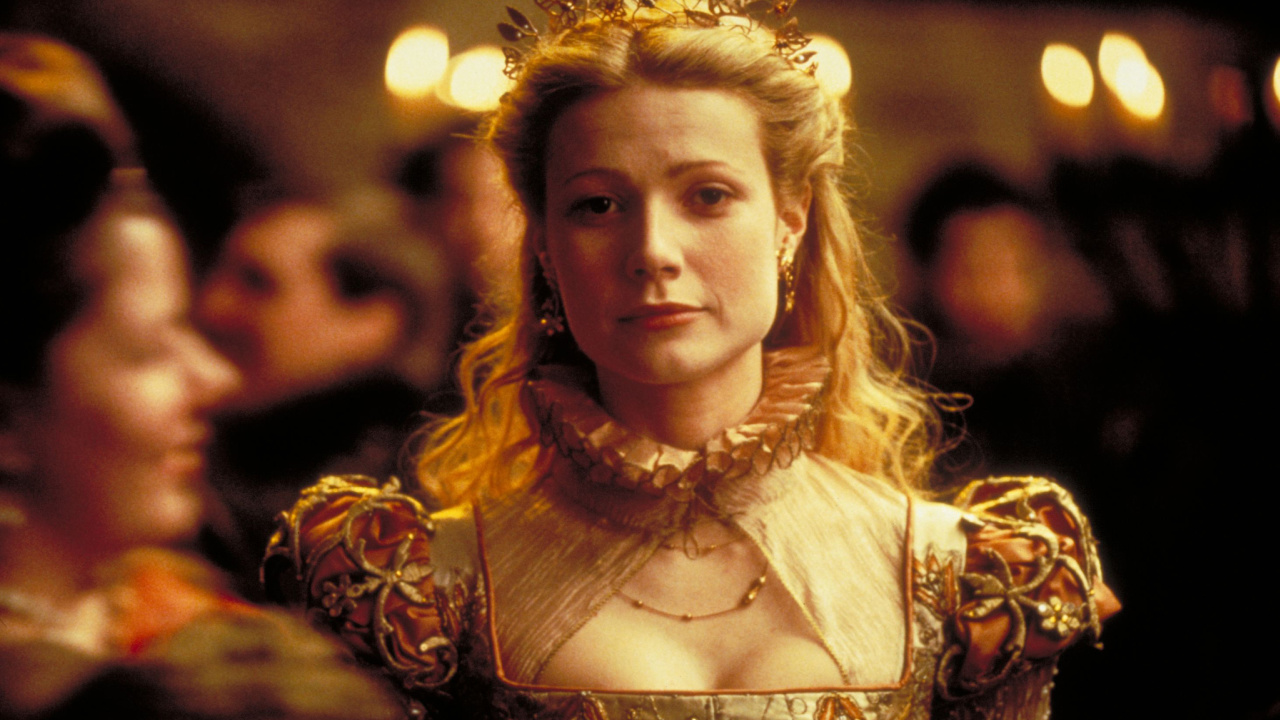
Your Daily Blend of Entertainment News
You are now subscribed
Your newsletter sign-up was successful
The Oscars are this weekend, and around CB the talk is all about who’s going to take home a little golden man. Because here at Cinema Blend we’re a naturally pessimistic bunch and we’re afraid that boring piece of crap Michael Clayton is going to somehow steal Best Picture from No Country For Old Men, we got together and started revisiting other worst moments in Academy Awards history. After a lot of bickering, we came up with this: Our list of the worst movies ever to win Oscar’s Best Picture. These movies don’t all suck, but they sure didn’t deserve their Oscars.
TOP 5 Worst Oscar Winners
5. Gladiator (2000)
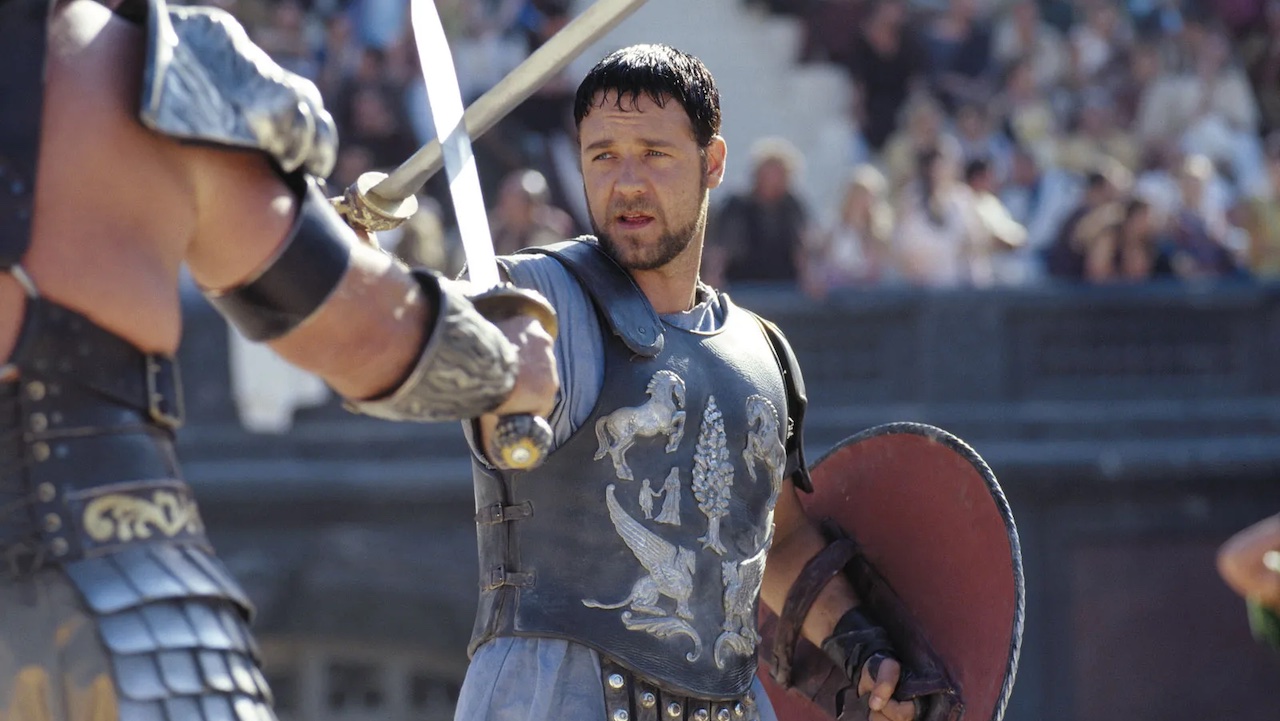
Rich Knight: Ridley Scott is the most overrated director in Hollywood. And I think the fact that he lost best director to Steven Soderbergh that year, who was on fa fa fa fire for both Erin Brockovich and Traffic is a testament to how much this proves my theory that he sucks. Gladiator is the kind of pump your fist and yell film that Braveheart popularized and made violence a household name in the Oscar’s yearly selection. That said, while Braveheart had its moments of brilliance as Mel Gibson waxed philosophical about freedom in an almost poetic manner, Ridley Scott’s tribute to togas and sandals winds up feeling like one long, stiff monologue with sporadic intervals of way too fast combat that gets lost in terrible cinematography. If not for a brilliant Joaquin Phoenix, who was rightly nominated, but wrongly snubbed, this film would be as bad and as hokey as Oliver Stone’s (another hackney director) Alexander. Don’t believe me? Watch it today, and tell me if it doesn’t feel as ancient as the topic that it’s handling.
Rafe Telsch: Don’t take my statement that Gladiator didn’t deserve to win an Academy Award to be a statement that Gladiator is a horrible movie. It’s not a bad movie, it’s just not a great movie. At best I would describe Gladiator as a “good” movie. It’s enjoyable enough to watch occasionally, but some of the characterizations and the overbearing score annoys me every time. Instead I would rather have seen the 2000 Best Picture award go to one of the other nominees, either the well-woven tale of Traffic or even Crouching Tiger, Hidden Dragon, which opened America’s screens up more towards foreign films (despite getting very little love from this specific website). True, looking at the contenders 2000 wasn’t the best year for Best Pictures anyway, but granting the award to a merely “good” movie lessened the value of the award.
4. American Beauty (1999)
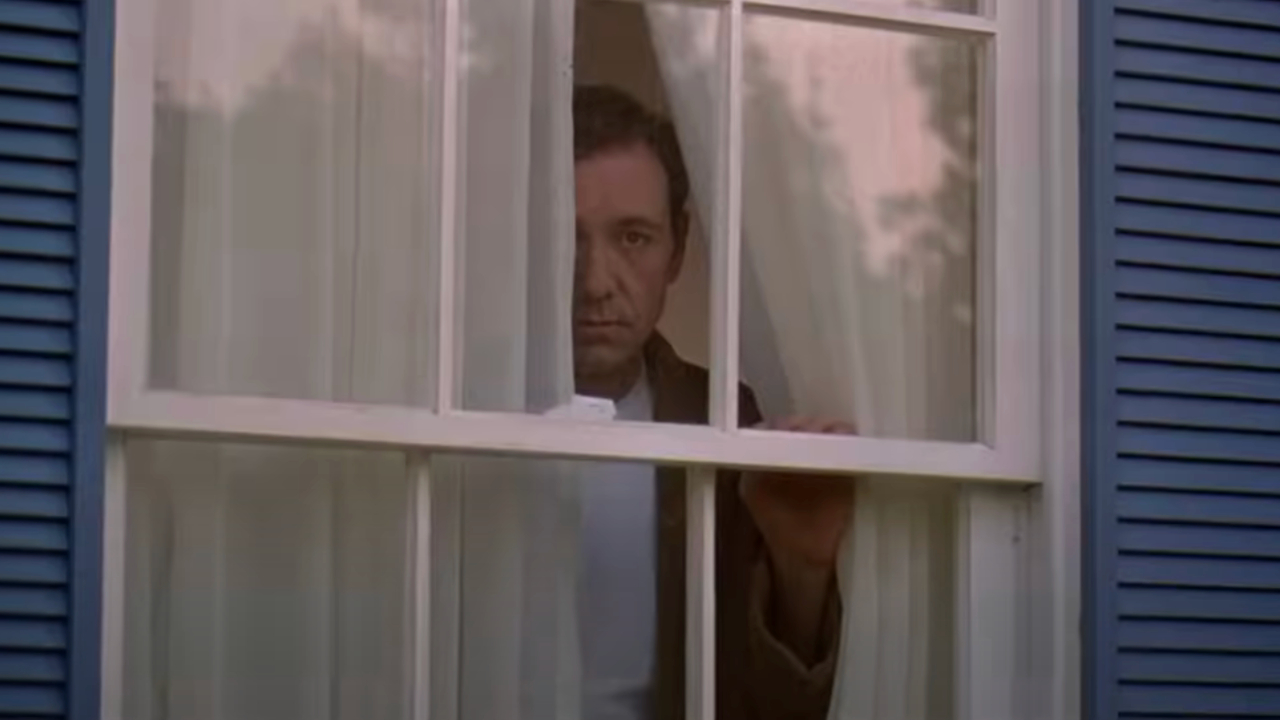
Mariana McConnell: If there is any Oscar winning film deserving of all retroactive scorn possible, it is American Beauty. Though bestowed with the coveted Best Picture statuette, Sam Mendes' 1999 debut is not the withering analysis of curdled society in suburban wasteland that the film was lauded as being. Rather, American Beauty is an insipid spook story about a second adolescence, dressed up with ham-handed, unoriginal critiques: Suburban banality is bad for you? Really? The film is wholly heartless; full of old stereotypes and outrageous misogyny, presented with the puffed up pretensions of an art student. To this end, American Beauty rips off a sequence from Jean Luc Godard's 2 or 3 Things I Know About Her – not a bad source for cinematic theft except that the American proxy is so poor. Substituting a plastic bag flitting in the wind for a swirling cup of milky coffee is, if you'll excuse my French, fucking pathetic. Yet the Academy fell for it. No wonder France thinks we're dumb.
Your Daily Blend of Entertainment News
Scott Gwin: There are forms of edgy cinema that tackle troubling and disturbing topics. And then there are movies like American Beauty that don’t so much tackle them as exploit them for shock value. I don’t think the movie won because it was all that great. I imagine it won because Hollywood likes to congratulate itself for doing edgy stuff (like Chris Cooper swapping spit with Kevin Spacey) no matter how pointless it becomes. Sure, it offers actors exciting opportunities to play over-the-top characters but and the end of the movie it’s still just hollow sensationalism. Meanwhile great movies like The Cider House Rules lose out because they’re not controversial enough. Maybe The Green Mile could have won if Tom Hanks had started making out with Michael Clark Duncan in the electric chair.
3. Gandhi (1982)
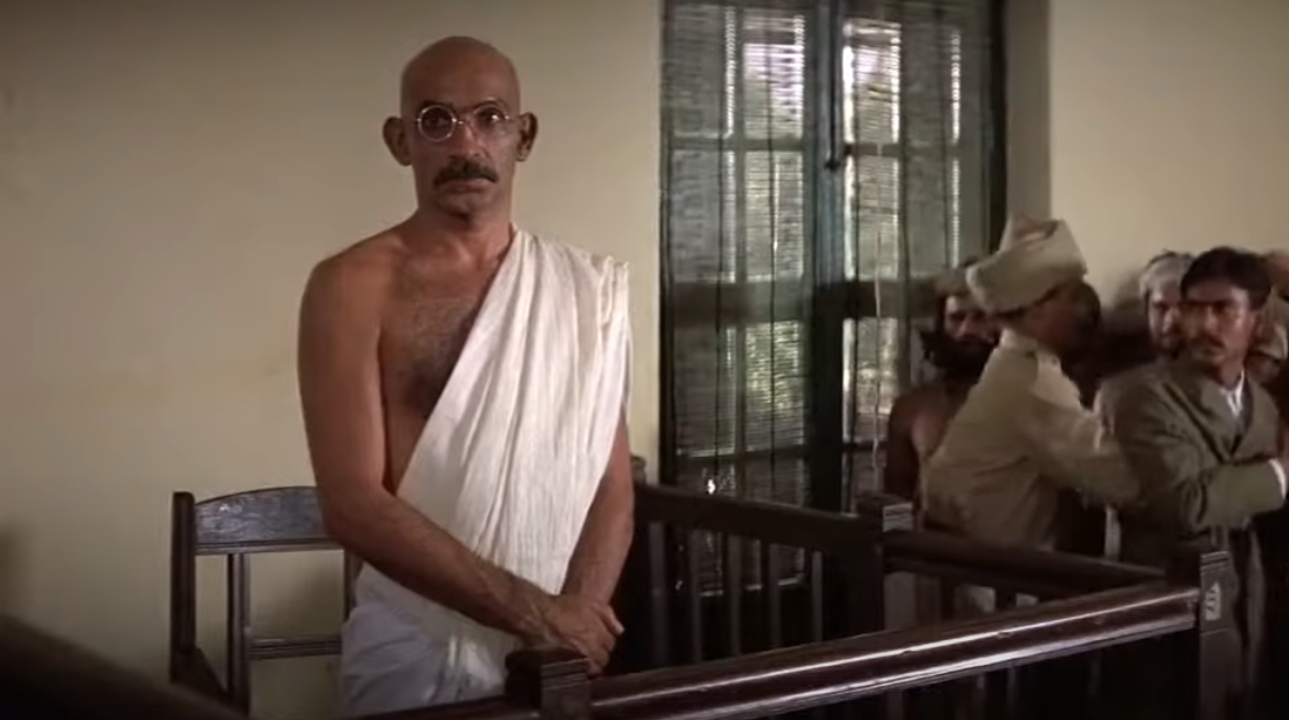
Katey Rich: The travesty of Gandhi isn't so much what's wrong with the movie, but what it beat to win Best Picture. E..T. and Tootsie are both fondly remembered, popular masterpieces, but when it was their chance for the biggest award in the business, they were beaten by a dry-as-a-bone biopic. Perhaps I'm biased because I read Gandhi's autobiography in college and found it unbearably boring, but the movie offers nothing except a laundry list of Great Things from a Great Man. I'm all for movies with epic scope and grand intentions and all, but things like character and drama and romance are what make movies worth watching. E.T. and Tootsie have all those things in spades; Gandhi has Ben Kingsley and a whole lot of preaching. History can be fascinating, but nothing is worse than a movie that's more or less a textbook. I'd rather have a flying bicycle over that any day.
Jarad Wilk: Mahatma Gandhi once said, "Honest disagreement is often a good sign of progress." Well, let's make some progress, albeit 26 years too late, because I strongly disagree with Richard Attenborough's Gandhi beating out E.T., Tootsie or The Verdict. I am not going to use foul or aggressive language, because Gandhi was all for non-violent resistance, and progress will not be made by calling a half-naked intelligent India lawyer turned spritual leader names. Progress will, however, be made by saying that while Ben Kingsley gave an outstanding performance as Gandhi, the picture itself is not worthy of an Academy Award. In my eyes, biopics are undeserving of Oscar glory, mainly because we already know the ending of the movie (especially when the movie Gandhi begins with the assassination and funeral of the hungry leader). Fine, maybe that is a dumb reason, but when you have to watch 188 minutes of a man fasting and leading a spiritual existence, after you already know that he's been shot and had an enormous funeral, it's not that dumb. I don't care how great the movie was shot, or how incredible Kingsley was in the title role, it is a horrible injustice that Steven Spielberg's E.T., which did $435 million in business compared to Gandhi's $31 million, did not take the top prize. E.T. is a creative, incredible, touching story that stands the test of time - a movie that can be watched over and over again (and Gandhi would approve considering E.T. promote Reese's Peanut Butter Cups, which are made, partly, by using the milk of one of his sacred cows). The tagline for the movie Gandhi was, "His triumph changed the world forever." Great. What the hell did he need an Oscar for when he already accomplished so much?
2. Shakespeare in Love (1998)
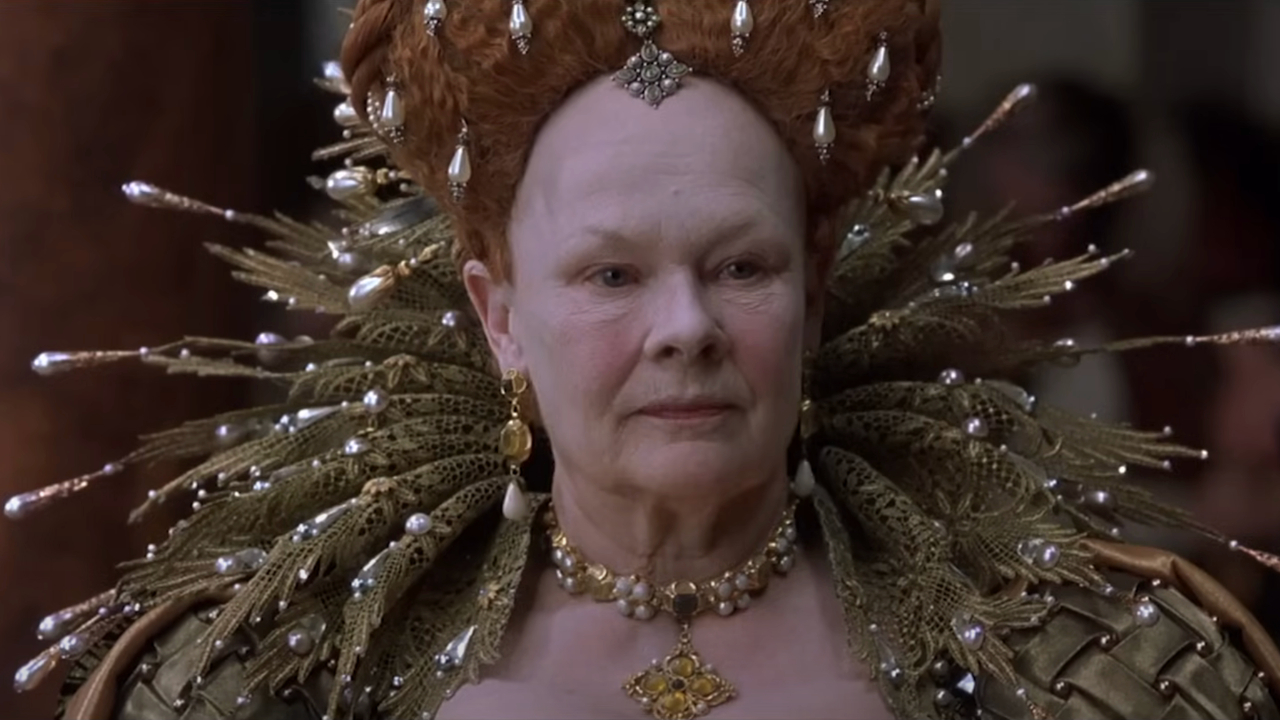
JD McNamara: First off, I’d just like to say that I don’t hate Shakespeare in Love, and I don’t have it on my list because I think it’s a bad film. On the contrary, I think it’s actually a pretty decent, and it certainly brings something new and fresh to the romantic comedy genre. But is it Oscar worthy? I don’t think so. Hold on, let me rephrase the question and cast away all doubt: Is Shakespeare in Love worthy of its Oscar win over the brilliant WWII film Saving Private Ryan? In two words: HELL NO! And thus, Shakespeare in Love is one of the worst Best Picture winners ever graced by the Academy because Saving Private Ryan is superior in every way. Better acting, better directing, a deeper, more affecting story, and not to mention one of the most memorable scenes in the last fifteen years of cinematic history. The Omaha Beach scene in Saving Private Ryan should’ve won Best Picture on its own, so WTF Academy?
Brian Holcomb: 1998 was the winter of MY discontent when it seemed like everyone got snowed by this obnoxiously clever and facile romcom. Putting “Shakespeare” in the title doesn’t mean that it comes with the Bard’s seal of approval. If I made a horror film called Shakespeare’s Slasher Nightmare I wouldn’t expect bloody quill murders to be confused with classic drama. Sure Gwyneth was pretty, even in drag, but lets be honest, men’s clothes in that period were the definition of metro-sexual. The lesser Fiennes wore them proudly and Stoppard’s Mr. Smartypants wordplay was witty, but Best Picture? Beating out a difficult masterpiece like The Thin Red Line I can understand. But Saving Private Ryan? Historical subject, slobbering sentimental story, Hanks, Spielberg: How could it lose? Something tells me that Harvey Weinstein knows the answer. “Smile, smile and be a villain.” Watch George Lucas in Love instead.
Jarad Wilk: I am not taking anything away from Shakespeare in Love, because there are far worse films out there, but to say that it was the best of 1998 is a little farfetched. Yes, it has a great cast (Geoffrey Rush, Gwyneth Paltrow, Joseph Fiennes and Tom Wilkinson), a decent story that tells the story of the forbidden love affair between Shakespeare and a noble woman, and a nude Paltrow (heck, that was better than seeing her dressed up as a guy). But, seriously, I liked this movie better when it was called Tootsie or Yentl. The fact is, Shakespeare in Love was a good twist on telling a Shakspeare story, but it was far from being a film that made me want to see it over and over again, or make me stop and say, "Wow, I hope that wins the Oscar, because that was romantic, hysterical and British." I am not arguing Paltrow's worth as a Best Actress winner, because she is deserving - she played Shakespeare's muse and a woman doing something forbidden back in those days, and she did it well - and with a British accent that was pretty believable (especially when in a film with all those Brits). But, seriously, when you have films like Saving Private Ryan, one of the most realistic and great war movies of all-time, and Life is Beautiful up for the same award, how do you give the best picture award to Shakespeare in Love? It's a travesty. Saving Private Ryan should have gotten that award, hands down.
1. Annie Hall (1977)

Rafe Telsch: I’d like to give the Academy the benefit of the doubt when it comes to Annie Hall. Let’s be honest, on paper an acclaimed Woody Allen flick should beat out some novelty science fiction movie, especially in the height of Allen’s popularity as a filmmaker. How could the Academy know the long reaching impact Star Wars would have, both on the industry and as our culture as a whole? In retrospect however, it’s definitely hard not to ask how the Academy could have screwed up so badly, giving what would be another in a long run of Allen’s neurotic tirades such a prestigious award over a movie that would change filmmaking and audience expectations from that time forward. Don’t believe Star Wars is the better and more influential picture? Check out the Empire of Dreams documentary and look at the range of filmmakers who were influenced by Lucas’s vision, then look at the lack of a similar documentary paying respect to Annie Hall. Allen may be a great storyteller, but Star Wars was the superior picture that year and the Academy failed to recognize it.
Scott Gwin: Woody Allen is absolutely, without question, an icon of American cinema. It's a fact. I won't try to deny it. That doesn't mean I understand it. For me that statement ranks right up there with the horrible truth that the Wayans brothers make some of the most financially successful comedies. I don’t know exactly what it was that induced the Academy to nominate Annie Hall for Best Picture in the first place. Julia, Goodbye Girl…heck, even Star Wars would have been a better winner that year. Granted, there were a couple of good performances in the movie. There were good performances in Benny & Joon too, but that didn’t make it Best Picture material. It makes me wonder if most of the rest of Allen’s nominations were an effort by Academy members to make Annie Hall’s win look somehow more credible.
Josh Tyler: There are a lot of reasons to be pissed at Annie Hall. Rafe and Scott above have done a pretty good job of outlining two of them. In my case though, I can’t help but wonder what the world might have been like if Woody’s movie hadn’t won that Best Picture Oscar. How might it have impacted his career? Would it have saved us from year after year of mediocre to awful Woody Allen picture? Maybe he’d have had the good sense to give it up and retire by now, saving us from the likes of Curse of the Jade Scorpion or Small Time Crooks. Imagine a world where Woody Allen stopped making movies sometime around 1995, and then tell me how happy you are that Woody won that damn Oscar and made a yearly bad movie until he dropped dead. Annie Hall was his first Oscar win, and it launched him into a career that, let’s face it, has devolved into increasing mediocrity ever since. Annie Hall didn’t deserve that Oscar, not just because Star Wars was better (and in retrospect more far reaching), or because really it’s one of the most overrated movies in history (Which, come on, it is. Have you watched it lately?), but also because it’s foisted on us decades worth of mediocre Woody Allen movies, which we’re all required to pay homage to even when they suck because, hey he’s Woody, the icon, the fucking Oscar winner. I’d rather have Woody, the borderline child molester. Give me a lightsaber and let’s cut Annie Hall down to size.
NOMINATED BUT DIDN'T MAKE THE CUT: Titanic, Crash, Rocky, Rain Man, Ordinary People, Oliver!, Kramer vs. Kramer, Chicago, West Side Story, The Last Emperor, The English Patient, The Departed, The Deer Hunter, The Best Years of Our Lives, Terms of Endearment, My Fair Lady, Lord of the Rings: ROTK, How Green Was My Valley, Forest Gump, Driving Miss Daisy, Casablanca, An American In Paris, A Beautiful Mind
| Row 0 - Cell 0 |
This poll is no longer available.

